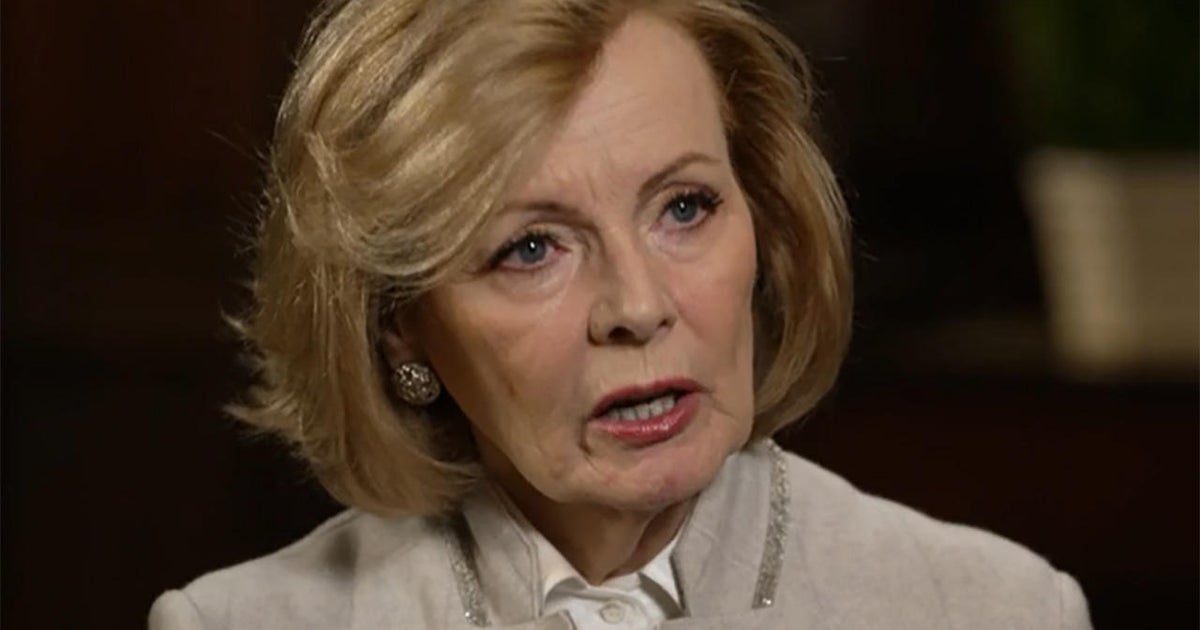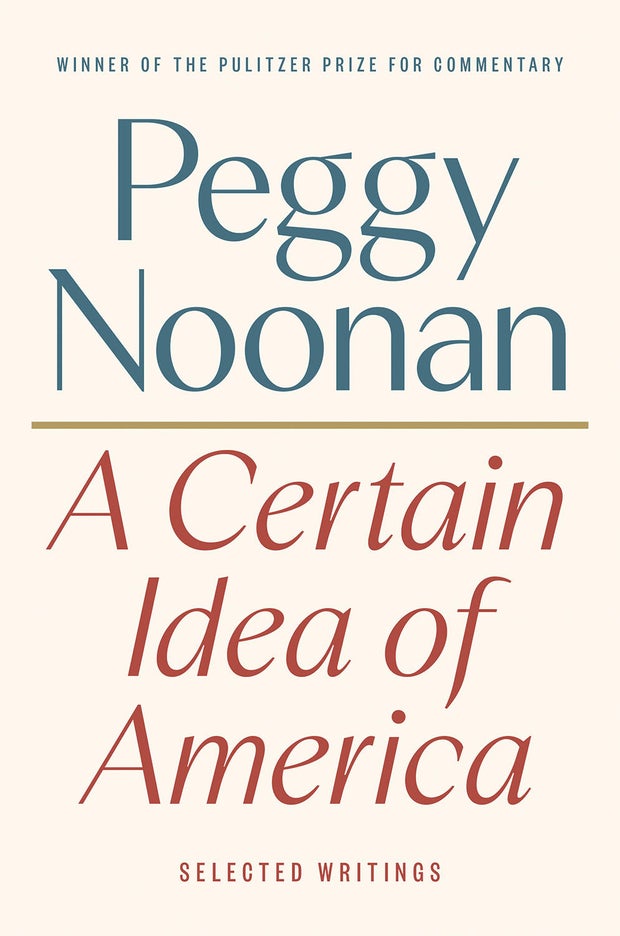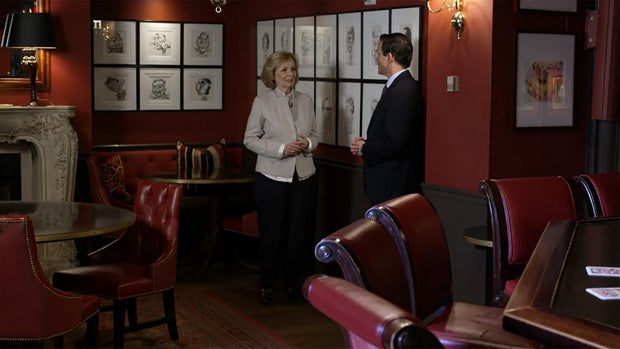CBS News
Transcript: Rep. French Hill on “Face the Nation,” April 7, 2024

The following is a transcript of an interview with Rep. French Hill, Republican of Arkansas, that aired on April 7, 2024.
MARGARET BRENNAN: And we go now to Arkansas and Republican Congressman French Hill, who joins us from Little Rock. Good morning to you, Congressman.
REP. FRENCH HILL: Good morning, Margaret. Good to be with you.
MARGARET BRENNAN: I have a lot of topics to get to, but are you open as a Republican to helping to vote to get help to Baltimore to rebuild with federal dollars?
REP. HILL: Well, we had a serious collapse of the Interstate 40 bridge over the Mississippi River in Memphis and so I’m completely supportive of states working with the federal government to get the bridge back up and open as soon as possible. Naturally, there’s a role for insurance, private settlement with the companies and parties responsible. And then the traditional federal-state split for infrastructure program. So whatever it takes to get it done in the right way and get the bridge back functioning for the people of Baltimore.
MARGARET BRENNAN: Okay. Some of your Freedom Caucus colleagues have- have been some skeptical, which is why I asked for that. I want to get to some of the things that are coming up potentially for vote and for expiration. I know you sit on the Intelligence Committee and must be aware of not just this law enforcement bulletin warning of domestic terror threats, but also the concern of retaliation by Iran for a strike Israel recently conducted. A key surveillance tool, 702, will expire April 19. Are you confident Congress will authorize it in the coming days?
REP. HILL: I am confident that we will have support for renewing the authorization for the use of 702, which is a critical element I’ve seen in intimate detail the vital role that 702 surveillance plays and keeping America safe. I think Congress will come together and will reauthorize its use. But that’s also going to be part of 50 reforms in how the FISA court, the Foreign Intelligence Surveillance Court, and how the act operates. And it’ll be the first serious reforms in probably some 20 years and these are 50 bipartisan reforms and reforms that I believe have the full support of House Republicans.
MARGARET BRENNAN: And this will come up, I imagine, before we see any vote on Ukraine aid. Do you have any commitment from Speaker Johnson as to date, a timeline for moving aid that I know you support?
REP. HILL: Margaret, I believe that speaker Johnson will bring up support for the supplemental appropriations for Ukraine, for Taiwan, for Israel immediately after completing the work on FISA and FISA’s extension. That deadline of April 19 makes it a priority for the first few days that we’re back. But Ukraine remains a priority, as does our support for Israel, and Taiwan. And yes, I believe he’s fully committed to bringing it up to the floor immediately thereafter. And I think that’s critical as it should have been passed months ago.
MARGARET BRENNAN: You want to, as I understand it, make some changes, including attaching a provision that would allow for the U.S. to seize Russian sovereign assets and use them in the future to rebuild Ukraine. Any tweaks you make, doesn’t it slow down the pathway for this to actually pass through the Senate and get to the Ukrainians who say they are running out of time?
REP. HILL: Well, the REPO Act that you’re referencing, where we use Russian sovereign assets that are held in western European or US financial institutions, some $300 billion, would go a long way to filling the Ukrainian budget gap and be a good downpayment for reconstruction, to make Putin pay the ultimate cost of his illegal invasion of Ukraine. It had a strong vote in the Senate Foreign Relations Committee, 20-2. A strong vote in the House Foreign Affairs Committee, 40 to 2. These are good votes and I think this provision would strengthen the package and the floor. I believe the House has support in both the House and Senate. And it would be, in my judgment, a way to get more support for the total package for Ukraine, seizing these Russian assets. And there is support in Europe for this. Prime Minister Sunak is supportive of this strategy, and others in Europe.
MARGARET BRENNAN: There are some skeptics there as well, but I need to ask you because your Republican colleague, Marjorie Taylor Greene, as you know, filed this motion to vacate that would oust Speaker Johnson. She said if he puts Ukraine to a vote, and reauthorizes 702, the Republican base will go crazy. Do you agree and is the speaker at risk of being ousted if he does the things you say are essential?
REP. HILL: Well, I don’t support- I don’t- I don’t share the view that Americans, including Republican voters, the belief that Putin should win in Ukraine. I think overwhelmingly Americans and Republican primary voters believe that Putin should be defeated in Ukraine. As I’ve said before, we should draw the line on authoritarian dictators, particularly permanent members of the Security Council invading neighboring countries. And I believe both Democratic, independent, and Republican voters support defeating Putin, backing Ukraine, and having a resolution here. It is not in America’s economic, diplomatic or military interest for Putin to be successful in Europe or in the Far East.
MARGARET BRENNAN: All right, Congressman Hill will watch for those actions. We’ll be right back.
CBS News
Extended interview: Cher – CBS News

Watch CBS News
Be the first to know
Get browser notifications for breaking news, live events, and exclusive reporting.
CBS News
Josh Seftel’s Mom on Fall

Watch CBS News
Be the first to know
Get browser notifications for breaking news, live events, and exclusive reporting.
CBS News
Peggy Noonan reflects on a “troubled, frayed” America

These days, you’ll find Peggy Noonan in many places: in front of commencement crowds, at political round tables, and for the past quarter-century, in the opinion section of the Wall Street Journal. But when she was just starting out in Washington, D.C., you could find Noonan at the Off the Record Bar, near her job at the White House. “I would sit over there by myself, I would order a beer or a glass of wine, and I’d just quietly sit and read,” she said.
In 1984, Noonan joined President Ronald Reagan’s staff, after working at CBS in New York. At first, she felt like an outsider in the buttoned-up West Wing, but soon became an acclaimed speechwriter. Early on, she wrote Reagan’s moving speech for D-Day’s 40th anniversary.
CBS News
Then, when the Challenger shuttle tragically exploded, Noonan was given a tough assignment: write Reagan’s address to a distraught nation. “I had a feeling of, that didn’t work, nothing worked, because nothing was worthy of that moment; nothing was worthy of that day,” she said. “But then Frank Sinatra called – he called that night to the White House to say, ‘Mr. President, you just said what needed to be said.’ And Frank didn’t call after every speech!”
By the late eighties, Noonan had cemented a reputation as a wordsmith, and Reagan turned to her for his farewell address:
“We made the city stronger, we made the city freer. All in all, not bad, not bad at all.”
George H.W. Bush turned to Noonan, too, as he rallied Republicans on his way to the White House. “You know, part of life is luck,” she said. “It was not lucky to follow dazzling Ronald Reagan and be plainer, seeming sturdy George H.W. Bush. But I believe history was not – certainly in his time – sufficiently fair to him.”
That opinion is one of many found in the pages of her new book, “A Certain Idea of America,” a collection of her recent work (to be published Tuesday by Portfolio).
Portfolio
Asked what her idea of America is today, Noonan replied, “Big, raucous, troubled, frayed.”
Noonan’s columns often delve into questions of character and leadership. “What I do not perceive now is many politicians who are actually saying, Guys, this is not good for the country. We’ve been given this beautiful thing called America. Shine it up! Keep it going!”
Costa said, “You have a lot of fun in this book, doing what you call taking the stick to certain people from time to time.”
“I don’t mind the stick at all,” said Noonan. “When I see something that I think is just awful, I love to get mad at it. I got mad at John Fetterman.”
“You don’t like that he’s wearing shorts?”
“It’s okay with me that he wears shorts,” she replied, “but he is not allowed to change the rules of the U.S. Senate to accommodate him in his little shorts and hoodie because he enjoys dressing like a child.”
Noonan, now 74, grew up in the Democratic strongholds of New York and New Jersey. “And I was very happy with that, because Democrats were cooler than Republicans,” she said. “Democrats were little Bobby Kennedy, and Republicans were, like, Dick Thornburgh!”
But in Reagan, she saw something fresh. “You looked at him, you saw his confidence, and it made you feel optimistic,” she said.
The Gipper, of course, no longer dominates the Republican Party, and President-elect Trump’s victory could transform the GOP even more in the coming years. “In terms of policy, the Republican Party has changed by becoming, not a standard, usual conservative party, but a populist party,” Noonan said. “Its issues have changed very much. But also, the edge of anger and resentment and, I’m afraid, a little paranoia that is in the Republican Party now would be something that Reagan did not recognize.”
CBS News
At the Off the Record Bar, the faces on the wall – caricatures of politicians of the past – and at the tables still catch her eye. For Noonan, it’s all part of the story – America’s, and her own.
Costa said, “In a way, you’re still the writer in the corner watching everybody at the bar in Washington.”
“Yeah, I like to watch them, she said. “They’re human, and you bring a little warmth to it, a little humor, and always bring your stick and smack them when you need to! It’s kind of nice.”
READ AN EXCERPT: “A Certain Idea of America” by Peggy Noonan
For more info:
Story produced by David Rothman. Editor: Joseph Frandino.





